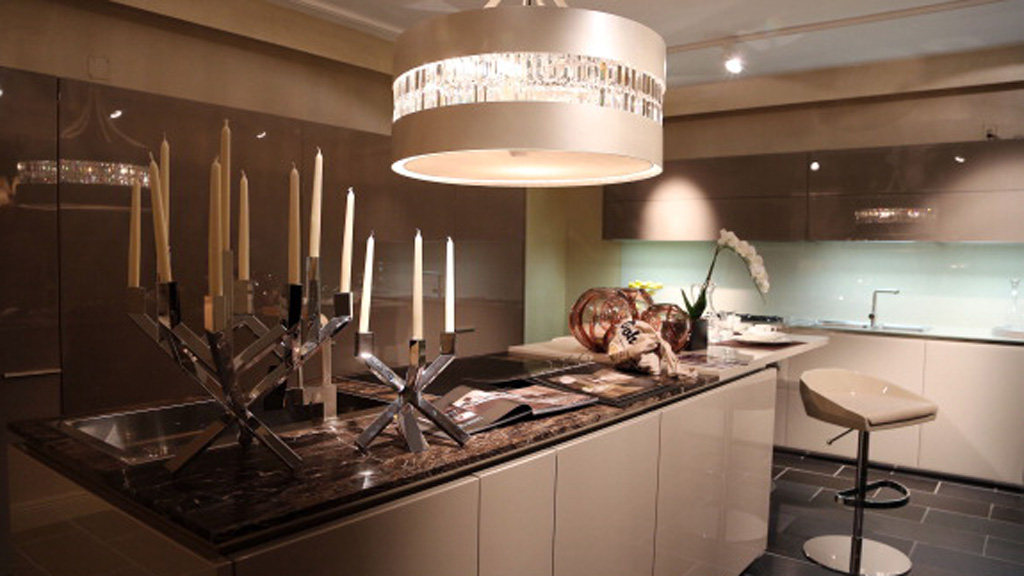A nation of loners
Almost twice as many people live alone and eat a dinner for one every evening than 40 years ago, according to a lifestyle survey monitoring British society.

A new report, the General Lifestyle Survey Overview report by the Office for National Statistics (ONS), has revealed how society has changed between 1971 and 2011.
Over four decades, about 372,000 households have been involved in the survey, with approximately 970,000 people interviewed to keep tabs on changes in the demographic, social and economic characteristics of households, families and people in Britain.
It found the number of people living alone has almost doubled.
Living alone
In 1973, just nine per cent of people lived alone while in 2011 that statistic soared to 16 per cent.
People aged 25-44 were five times more likely to be living alone in 2011 (10per cent) than they were in 1973 ( two per cent).
The survey also found changes in relationship status patterns as well as the make-up of families.
Over the last 30 years the proportion of women who were married has fallen by a third while the proportion cohabiting has increased three-fold.
Single women
There has, however, been a huge increase in the number of single women, with 18 per cent of women aged 18-49 single in 1979 but leaping to 43 per cent in 2011.
In 1979, just 8 per cent of single women were cohabiting but now 36 per cent of women live with a partner.
The proportion of one-parent households has tripled and the proportion of families with only one dependent child increased by about a third.
In 1971, 92 per cent of families were headed by a married or cohabiting couple while in 2011 the survey found just 78per cent families were headed by a couple.
Disability
Other changes in the last 40 years include technological advances, the number of people reporting a long-standing illness or disability, and smoking and drinking habits.
Inside the home, people’s lives have been made unrecognisable in terms of the technology they use on a daily basis.
Back in 1972, just 37 per cent of households were lucky enough to have central heating but now 98 per cent of homes are able to warm up at the flick of a switch.
Regularity of alcohol consumption has decreased, with the proportion of men and women drinking on five or more days a week down from 23% of men in 1998 to 16 per cent in 2011, and from 13% to 9% of women.
-
Latest news
-
Taylor Swift’s new break-up album breaks records3m

-
NHS trust fined £200K for failings that led to death of two mental health patients3m

-
Sunak vows to end UK ‘sick note culture’ with benefit reform3m

-
‘Loose talk about using nuclear weapons is irresponsible and unacceptable’, says head of UN’s nuclear watchdog3m

-
‘There wasn’t an Israeli attack on Iran,’ says former adviser to Iran’s nuclear negotiations team7m

-




